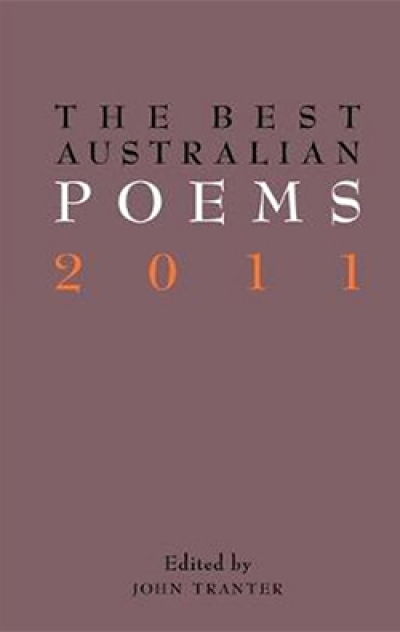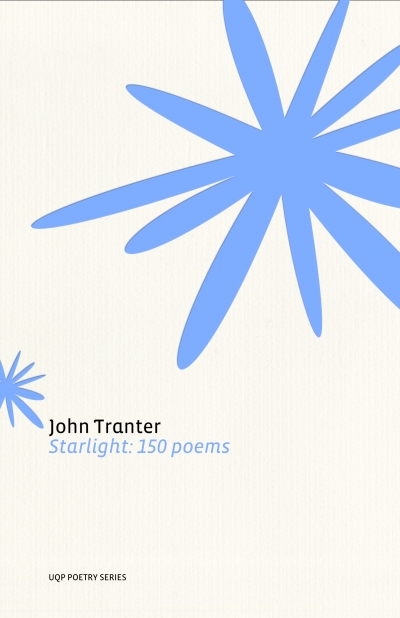John Tranter
Poet and editor extraordinaire John Tranter died on 21 April 2023, after a few cruel years of illness with Lewy body dementia. Friends and family gathered at his funeral in the inner Sydney suburb of Rozelle on what would have been his eightieth birthday (29 April) to celebrate John’s remarkable life and mourn his loss. I was honoured to be one of the speakers: what follows incorporates what I said there.
... (read more)The ups and downs of biography
Hazel Rowley is the 2007 Australian Book Review/La Trobe University Annual Lecturer. That title is quite a mouthful (the acronym doesn’t bear thinking about), but one that Dr Rowley will handle in her stride, as those who recall her appearances on Australian literary stages will attest.
Dr Rowley – born in England and educated in Australia – taught for many years at Deakin University before moving to the United States. In 1993 she published Christina Stead: A Biography. In her review in The Independent, Doris Lessing said, ‘Christina Stead has long needed a good biographer, and here she is.’ Miegunyah has just issued a revised edition of the biography, in time for Dr Rowley’s Annual Lecture – and her appearance at the Sydney Writers’ Festival.
... (read more)In my dream I was surrounded by seraphs
wearing morning suits, looking at me
quizzically in the crowded Parliament. Then I was being chased
by a Russian mountain lion who drooled a lot
B, brave brown, C, icicle
pendant, D, dun though pale,
F for faint mauve, fish and bicycle,
G, gothic paint in a green pail
When I was young I tried different things: drawing, painting, music, poetry, short stories, journalism, reviewing, but poetry turned out to be what I was best at.
... (read more)The ice-cream headache has you seeing double
as Goody Twoshoes calls by your table to arrange
some kind of smooth-talk conference full of limitless
possibilities, lots of cocktails, two naked men and naturally






